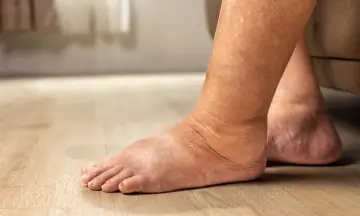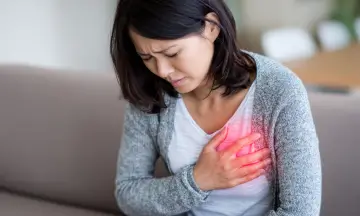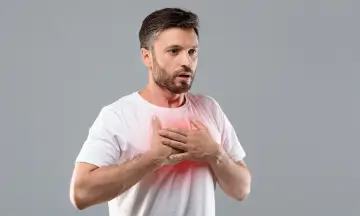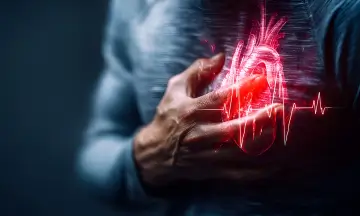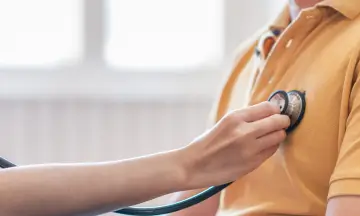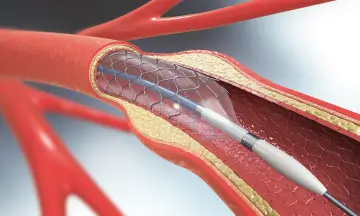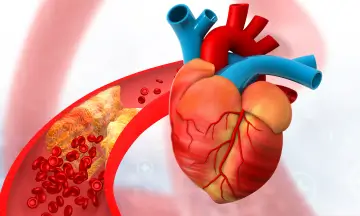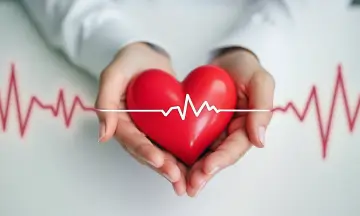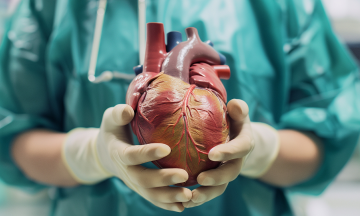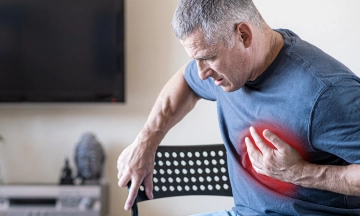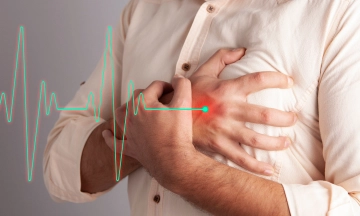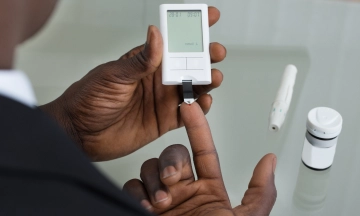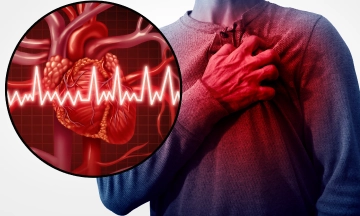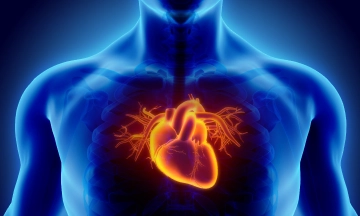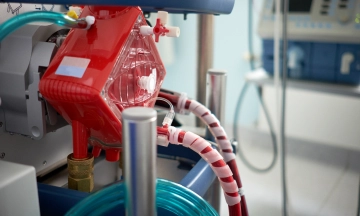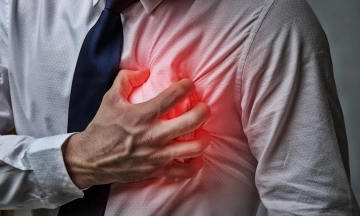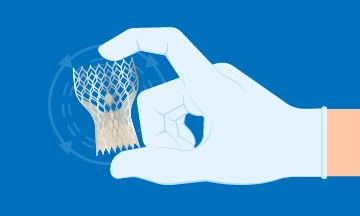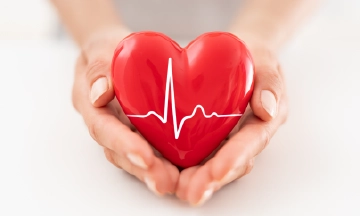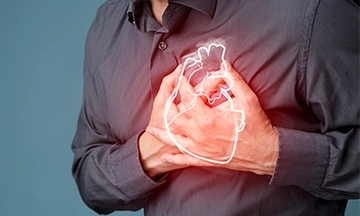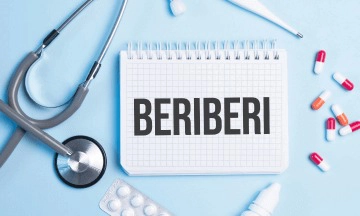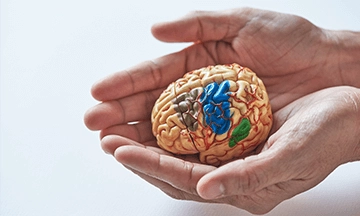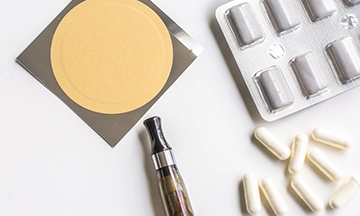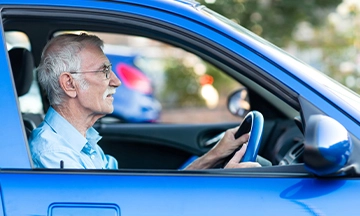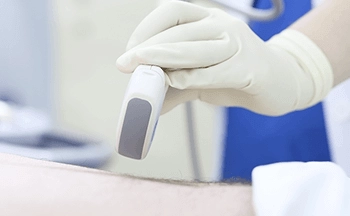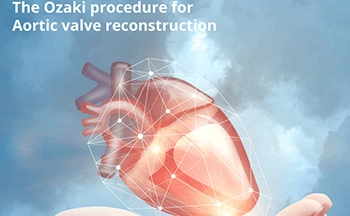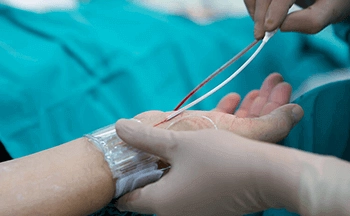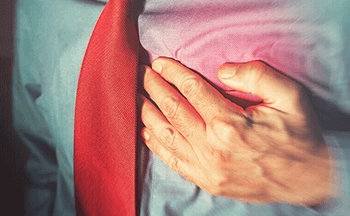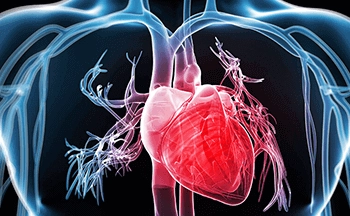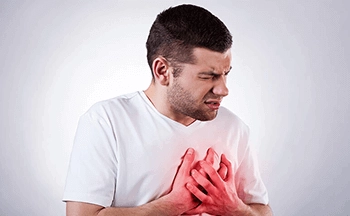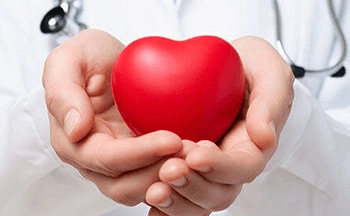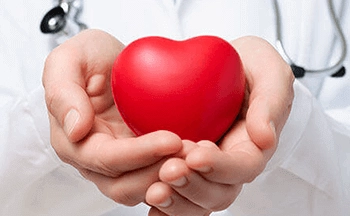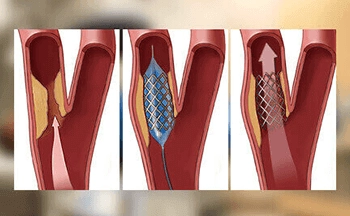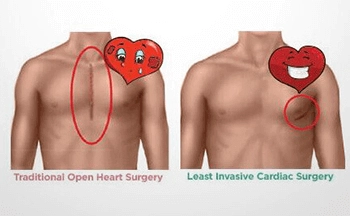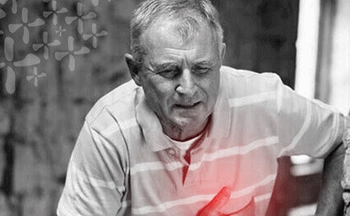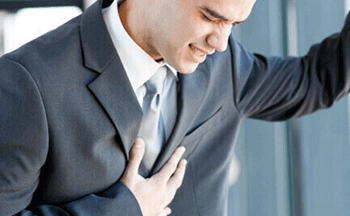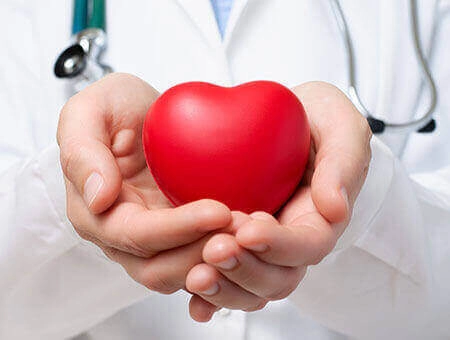
The first hour after the onset of a heart attack is called the golden hour. Appropriate action within the first 60 minutes of a heart attack can reverse its effects.
This concept is extremely important to understand because most deaths and cardiac arrests occur during this period. However, if the person reaches the hospital and gets treated within this period s/he can expect near-complete recovery.
Window of opportunity:
The Golden Hour is a window of opportunity that impacts a patient’s survival and quality of life following a heart attack. It is a critical time and time, is a muscle. This is because the heart muscle starts to die within 80-90 minutes after it stops getting blood, and within six hours, almost all the affected parts of the heart could be irreversibly damaged. So, the faster normal blood flow is re-established, the lesser would be the damage to the heart.
To reduce the damage, it is important to get to the hospital as soon as possible. Other than the consequences of a damaged heart muscle, the most common killer in the early period are abnormal heart rhythms called ventricular tachycardia and ventricular fibrillation where the heart muscles contract at a rapid rate, but no effective pumping of blood from the heart takes place. This is why once the person reaches a medical facility (ambulance or hospital), they are immediately put on an ECG monitor to assess the heart rhythm so that they can be given prompt treatment in case of an abnormal rhythm, which could be delivering a shock (Cardioversion) or administering certain medication.
Steps to be taken:
Watch out for these signs:
-
Heaviness or pressure or burning sensation over the chest while at rest or minimal exertion, associated with restlessness, perspiration, radiation of pain to jaw, back, left arm.
-
Breathlessness without any chest discomfort, especially in diabetics.
-
Abdominal pain and bloating are usually acidity-related problems, but if the symptoms are more than usual in severity or are associated with other symptoms, take them seriously.
What’s wrong and how to fix it?
Heart attack is caused when a clot completely blocks a blood vessel in the heart. The primary aim is to get rid of this clot as soon as possible; otherwise, that part of the heart dies.Even if there is a slight suspicion that the symptoms could be of a heart attack, chew a 300/325mg of aspirin tablet immediately; it helps dissolve the clot. Once you are at the hospital, the doctors will try to get rid of the clot, either with the help of a very powerful clot buster medicine [thrombolytic medicines] or with a procedure called primary angioplasty.Although both modalities have advantages and disadvantages, primary angioplasty is the preferred therapy in most scenarios. In primary angioplasty, a diagnostic coronary angiogram is performed immediately to identify the site of blockage and angioplasty is performed and a stent (metallic scaffold) is deployed in the artery to open up the blood flow.
The only prerequisite is that it can be done only in hospitals where a cardiac catheterization laboratory and doctors well versed with this procedure are available. Apart from this, other supportive therapy also gets initiated simultaneously.
Be prepared:
-
Always keep the contact numbers of ambulances and nearby hospitals stored in your cell phone, so that you can call them in case of need.
-
Try to reach the nearest hospital which has cardiac care facilities…as early as possible.
-
Try to go by ambulance.
-
Do not drive yourself as you could harm yourself as well as others.
-
Call the hospital helpline; so that the system can be activated even before the patient reaches the hospital.
Prevent the attack:
It’s always best to prevent such an event from happening. For that, leading a heart-healthy lifestyle is important. All the risk factors for heart disease like high blood pressure, diabetes, high cholesterol, obesity, sedentary lifestyle, smoking, are silent killers as they do not produce uncomfortable symptoms and are hence neglected by most of us. Getting yourself checked by an expert cardiologist at regular intervals is critical.
What to do if a person suddenly collapses?
Follow these pointers diligently:
-
Make the patient lie down on his/her back immediately
-
Listen to the heartbeat by keeping your ear over the chest
-
Check if the person is breathing by keeping your finger near the persons’ nose to feel their breath. If the patient is not breathing, start giving chest compression and intermittent mouth-to-mouth respiration if possible.
-
Call for an ambulance and shift the patient to a nearby hospital.




